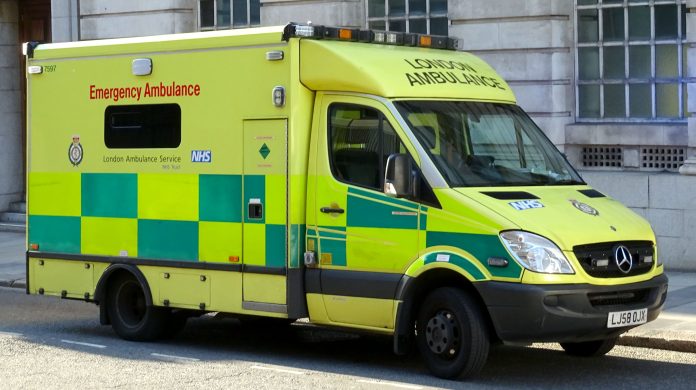Gareth Bromhall, ambulance service worker, Swansea
Over 10,000 ambulance service workers across England and Wales have voted to strike and are gearing up to join nurses, posties, rail workers and others on picket lines this winter.
From paramedics and emergency technicians, to call-handlers and control staff, they are at the sharp end of the crisis in the NHS.
They are facing a pay award well below inflation, which is, in effect, another pay cut, after a decade or more of freezes and restraint. It’s clear that staff who provide essential urgent and emergency care and transport realise that they need to use their collective strength, now more than ever.
This is more than just a fight on pay, although that is vital. It’s also a fight for the future of our NHS.
Workers know the reality of ambulances queuing outside emergency departments, and of wards critically understaffed as tens of thousands of posts go unfilled. They see their friends and co-workers burn out and move on, further driving the lack of staff, and of the experience that comes with long-term service.
Those working on the ambulances themselves are frustrated at waiting in hospital car parks, while response times continue to soar. Call-handlers report the stress that their services are under, due to cutbacks in social care, delayed discharge, and overload in GP surgeries – all the fault of decades of underfunding and ideological sabotage by Tory and New Labour governments.
It is vital that the upcoming strikes in the ambulance services are coordinated with those of the other NHS workers where possible, as well as with the ongoing strikes in both the public and private sector. That will give us the most impact, and the best chance of winning, if we strike together.








